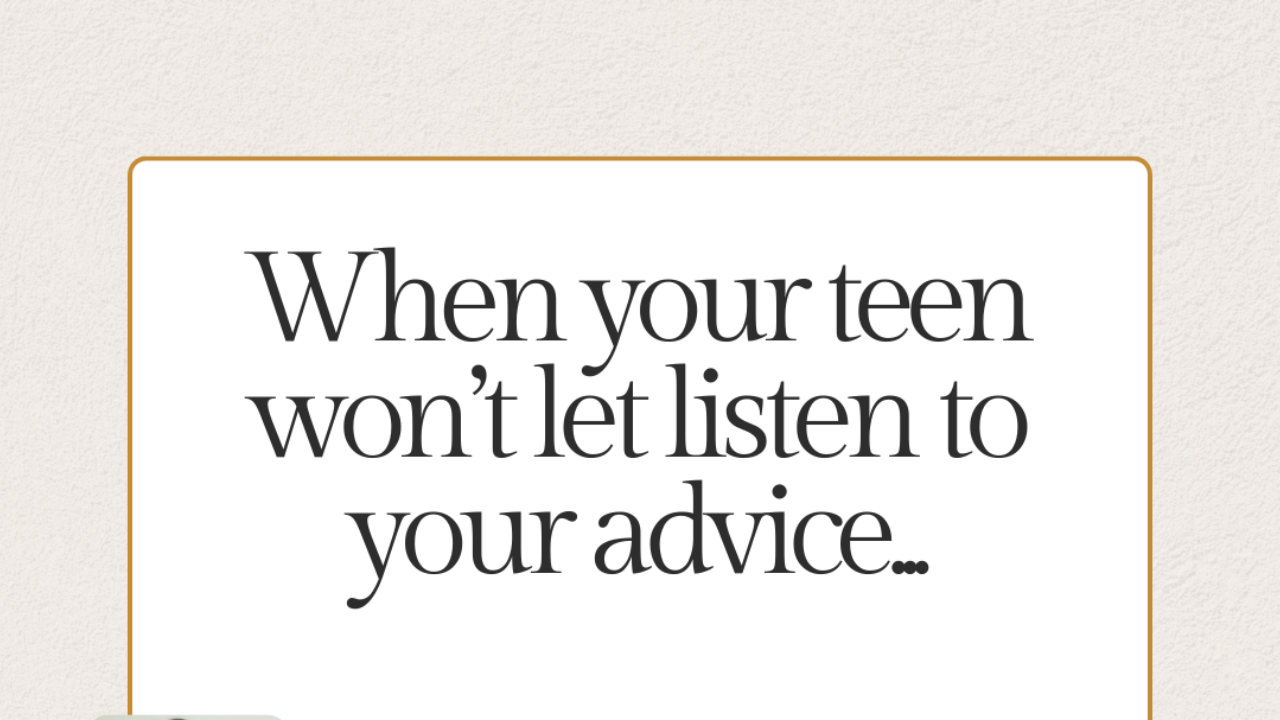Struggling with a teen with ASD or ADHD?
Family life with a teen with ADHD or autism is different.
The noise.
The need for quiet.
The unpredictable explosions that turn going out into a battle.
The anxiety.
The big feelings that others don’t understand.
I know.
Their emotions aren’t just teen mood swings.
They can be zero to a thousand reactions you never saw coming.
Seeing your teen throw a kick, scream, bite…is scary.
And in the aftermath, it’s common for parents to flip between shame and helplessness.
Parenting a neurodivergent teen can feel so lonely.
You worry about their future.
You juggle appointments with doctors, therapists, specialists.
You wrestle with medication decisions.
You give your time and money to it all, while the coffees and weekends away with friends quietly disappear.
And then comes the hardest part.
After all that effort…
…they don’t want to go to therapy.
They don’t want to talk to the therapist.
They don’t want to take the meds.
In the midst of all the struggle with your neurodivergent teen, it can sometimes be hard to even imagine a way forward.
Which is why I want to encourage you with a story from a mum (let’s call her Kate) that I’ve worked with.
If you have a teen with ASD or ADHD I hope it encourages you.
If you don’t, then I hope you can encourage another parent with this story.
As Kate’s son entered his teens, everything changed.
He became withdrawn, angry, and overwhelmed. Shouting at her one moment, completely shutting down the next.
While he held it together at school, home became a battleground, and every interaction left them feeling like failures.
His behaviour took a toll on the whole family, and things felt like they were falling apart.
They’d tried therapy, psychiatry, and parenting books but nothing seemed to help. Then they decided to try a different approach.
They began to shift how they responded, moving away from reacting or demanding respect, and instead learning how to stay calm, tune in to their own emotions, and connect with what their son was feeling. Slowly over time having gentle coaching conversations with him in the right moments.
These days, their home feels more connected. Their son still has his ups and downs, but he comes to them when something’s wrong, knowing they’ll listen without jumping in to fix it all. There are hugs, family outings, shared laughs, and a sense of trust they’d almost forgotten was possible. They’re proud of the young man he’s becoming, and so grateful they found a new way forward.
If you’re navigating something similar, you’re not alone and I want you to know there is a different way.
Click here to learn more about the Calm Connection approach.



